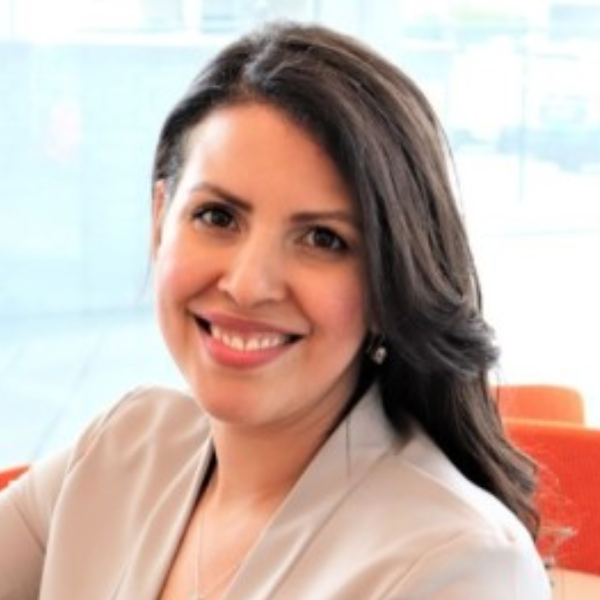Diriana Rodriguez outlines the steps taken by CMHC Legal Services on the journey towards equity
As we approach the first anniversary of a social awakening and resurgence of anti-racist movements across the globe, we hit a natural juncture to take stock of what this pandemic year has taught us about the challenges we are capable of overcoming and those that still lie on the horizon.
Around May of last year, in a long overdue moment of introspection, many of us arrived at a collective realization: we can no longer turn a blind eye to racial injustice. Our consciousness was marred by the graphic scourge of racial inequity in the recorded killing of George Floyd. We were gripped by Black Lives Matter protests around the globe, prompted by a confluence of factors going beyond the regular, senseless, killings of unarmed Black people by those in authority, including the disproportionate effects of the COVID-19 public health crisis on racialized communities.
Suddenly, not only individuals, but also corporations – many of which had historically been silent at best on the issue of racism, and others, which had been openly antagonistic of anti-racist movements – voiced their support for Black Lives Matter (BLM). Among those, some have taken tangible actions to promote diversity, inclusion and equity.
At CMHC, management put out a list of commitments to anti-racism and anti-discrimination and supported the establishment of employee groups such as the Network of Black Leaders (NoBle) to champion the development of our Black employees in an effort to fulfill these commitments. Still, while the tone from the top matters, the work to be done exceeds the impact of an overarching management position.
Addressing inequity requires individuals to exercise their sense of agency and acknowledge their ability to affect change through concrete action, one step at a time in what is a long path toward equity. This truth provokes us as members of legal departments and lawyers to ask: What can we do to further equity? What follows is a short overview of the steps CMHC Legal Services has taken and will take to answer this question.
Prior to the global uproar surrounding racial inequity in the spring of 2020, Legal Services had embarked on a project of creating its own diversity committee. Against the backdrop of the BLM movement and CMHC’s anti-racism commitments, members of this nascent committee convened with vigour and intent on contributing to the movement seeking inclusion, equity and diversity, including within our own ranks. In doing so, we asked ourselves: Who do we want to be? What do we stand for? And, how can we make a difference?
Tackling these seemingly simple questions was arduous. Ultimately, it culminated in an articulation of our mission, vision and values centred around nine guiding principles that highlight accountability, allyship, equity, and the ongoing nature of anti-discrimination work. These principles have served to guide our ambitious action plan for the coming year.
Some of the items on our action plan included increasing scrutiny of our service providers through a diversity lens, launching a student program focused on providing opportunities for diverse students to enter the legal profession, and providing contextual educational opportunities for our legal members to better understand diversity and inclusion related issues.
For individual in-house counsel or legal departments, addressing inequity may look like seeking a certification under a program such as the Mansfield Rule for legal departments; using the influence to broaden management’s view on equity; bringing in external counsel to speak of diversity related issues that relate to the core of companies’ business objectives: eg, hiring and recruitment or procurement. The possibilities are endless.
As lawyers and members of legal departments, one key to determining what actions are appropriate in our journey to furthering diversity is humility: the humility to accept as a preliminary truth that we do not know all there is to know about inequity, discrimination and their implications on diverse people. Seeking to understand these matters from different vantage points can only enrich our perspectives. With greater education, understanding, and awareness, we can become agents of effective and meaningful change in our own circles, and incrementally broader ones. Humility, however, should not be paralyzing. In our journey toward a deeper understanding, we can take demonstrable actions to further equity. Humility in this context also means accepting that we are bound to make mistakes, and standing willing to acknowledge and rectify them.
This year we have faced many challenges. Developments of the past year have proven to us that we are capable of doing hard things, including taking steps on our journey to combat discrimination and promote diversity. How can we carry out corporate-wide commitments and action plans to address our indignation at issues such as systemic racism and other forms of inequity? How can we apply a diversity lens to the frames of reference that guide our work and our lives? Exploring these questions is the journey that our lawyers have embarked on, in a spirit of humility, and we invite you to take on the challenge.











